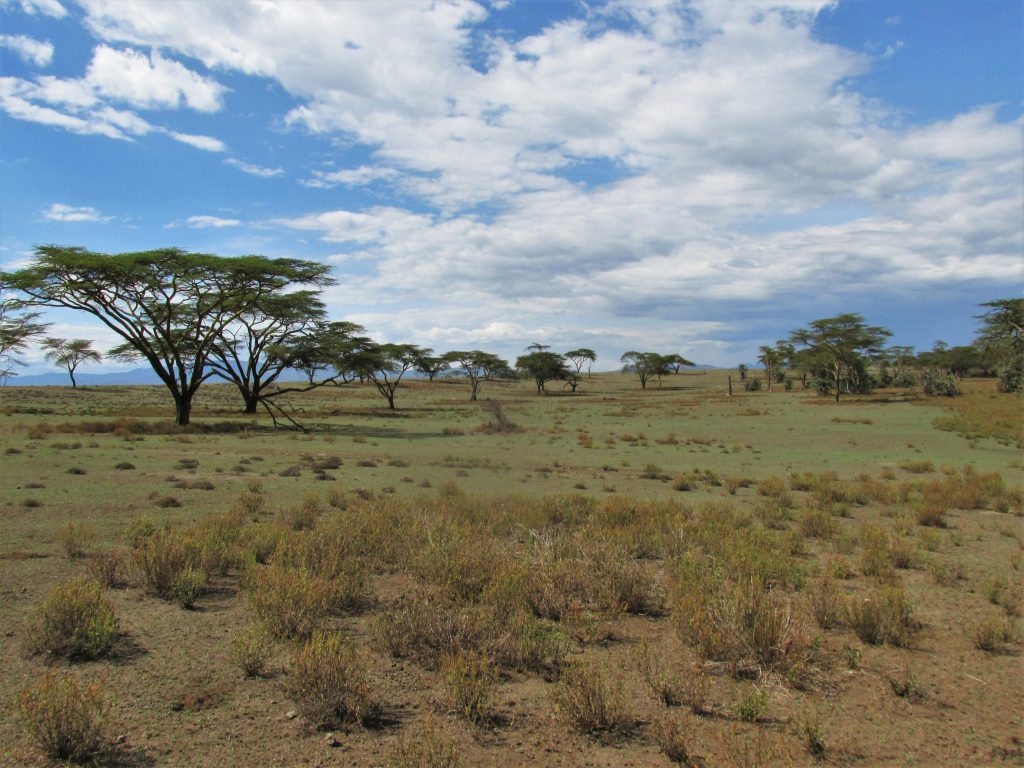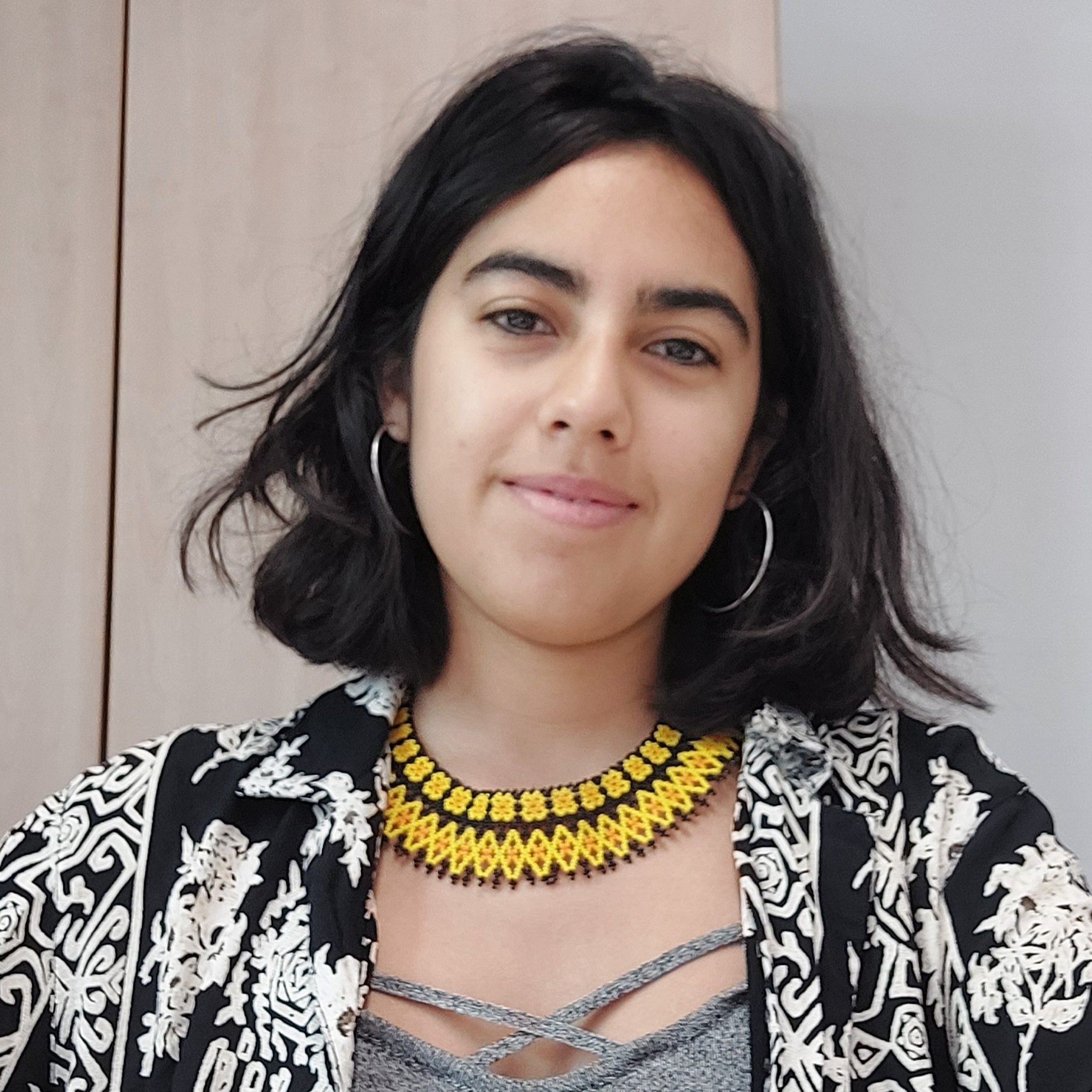African savannas are unique and complex ecosystems under immense pressure. Savannas are very rich in biodiversity and provide indispensable ecosystem services to people. However, unsustainable resource extraction practices, rapid demographic growth, weak governance structures and conflicting socio-economic development and environmental objectives have led to partially irreversible changes in land use and land cover. The vast African savanna systems have largely been converted into managed landscapes, including agricultural and settlement areas. Indeed, whereas savannas continue to be home to iconic wildlife, they are also the “breadbasket” of the continent, providing much of Africa’s cropland and grazing areas. One of the greatest future challenges in savanna areas will be to adapt to the everchanging environmental conditions, to conserve their biodiversity, maintain ecosystem functionality and ecosystem service provision, and concurrently to provide food for the human population. Nature-based approaches such as ecosystem-based management and green infrastructure could be part of the solution here.

Savanna Landscape, Kenya, Crescent Island
About us
The African Climate and Environment Center – Future African Savannas (AFAS) commenced in 2021 is one of the DAAD Global Centres for Climate and Environment. AFAS is a consortium between two African and two German universities and strives for interdisciplinary and international exchange beyond academia by working at the science-policy-practice interface. The thematic focus of the center is nature-based solutions for climate change adaptation and biodiversity loss in African savannas.
Our Mission
The project initiative stems from the urgent need to develop sound and robust evidence-based and science-backed strategies to preserve and protect the fragile environments of the West and East African savannas against the combined threats of extensive and diverse land use and rapid climate change. AFAS aims to train young African scholars in the interdisciplinary field of climate change adaptation and biodiversity and to transfer scientific findings into practice, while at the same time reducing the climate and environmental footprint of education, research and international cooperation. The project specifically focuses on the potential of nature-based solutions and of cooperation on the science-policy-practice interface.
With these aims in mind, AFAS:
- offers a hybrid training program to MSc- and PhD-students based in Nairobi and Abidjan, which strongly reduces physical mobility while enabling international exchange;
- organizes online, offline and hybrid networking activities to strengthen interfaces between science, policy, business and civil society in West and East Africa and Germany;
- invests in research and capacity building activities that:
- support the development of a more secure natural resource base for livelihoods, economic growth and climate resilience;
- inform initiatives and investments in locally acceptable nature-based solutions with opportunities for inclusive economic growth.
Partners
AFAS is a consortium of four institutions in three countries:
- The Institute for Climate Change and Adaptation (ICCA), University of Nairobi, Kenya
- The African Center of Excellence on Climate Change, Biodiversity and Sustainable Agriculture (CEA-CCBAD), Université Félix Houphouët-Boigny, Abidjan, Côte d’Ivoire
- The Center for Development Research (ZEF), University of Bonn, Germany
- The Global South Studies Center (GSSC), University of Cologne, Germany
AFAS collaborates with academic and non-academic partners to jointly identify areas of interest for research, for improving the AFAS curriculum and for creating synergies between academia, practice and policy.










